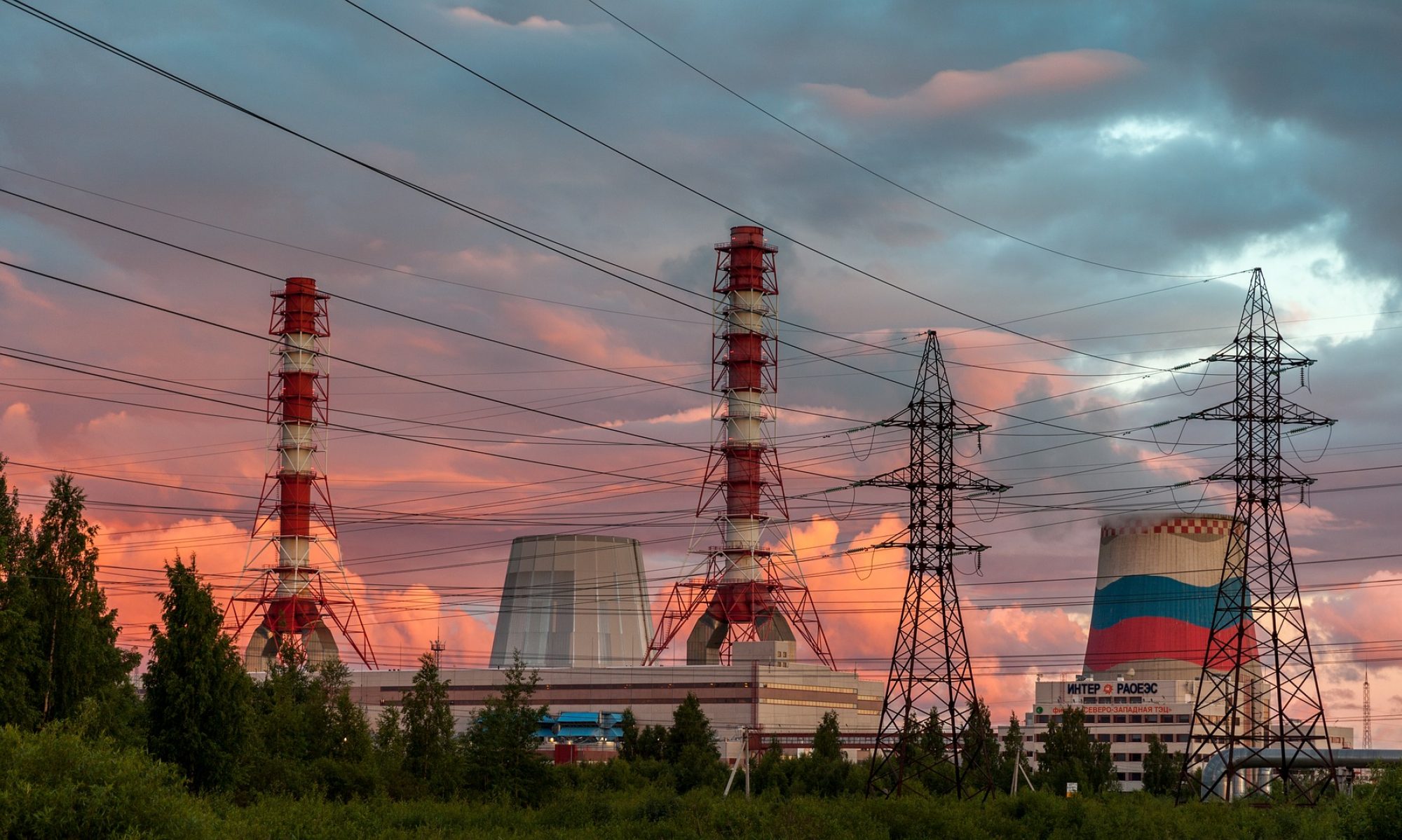A new paper by Veli-Pekka Tynkkynen was published at Winland website – “Poliittinen riski ja geopolitiikka Suomen ja Venäjän energiakaupassa – tapaus Fennovoima” (Political risk and geopolitics of Finnish and Russian energy trade – the case of Fennovoima). The paper examines the nature of political risk in energy trade between Finland and Russia through decision-making process in Fennovoima – Rosatom nuclear power project. Read the article here.
ESPR 2016
Today our researchers are taking part at the European Consortium for Political Research General Conference 2016 that is organised in Prague. Daria Gritsenko chairs the panel “Energy Governance in the Eurasian Space: Economics and Materiality”, where Veli-Pekka Tynkkynen presents his paper titled “‘Epiphytes’ of energy infrastructure and Russian energopower”.
The paper scrutinizes Russia’s state controlled gas company Gazprom’s and oil company Rosneft’s relationship with the population. I look at the construction of corporate social-responsibility objects (social infrastructure, e.g. sports facilities, churches, etc.), i.e. “epiphytes” that grown on energy infrastructures, tied to the all-Russian energy programs carried out by the two companies.
The analysis of Gazprom’s activities reveals that the practiced energopower of Gazifikatsiia Rossii derives its power from geographical imaginaries of Russia. This bipartite energopower receives its essence from the positive and negative materialities of hydrocarbons, the ability to do both “good” and “bad”, which unfolds the way the non-human is embedded in the construction of the social. This construction lumps together the material-nationalistic energy imagination, such as Russia as an energy Superpower, with universal goals such as economic growth and modernization, but also with values such as conservative gender roles. More, discursive and coercive governmentality come together in the energopower practiced by Gazprom: via amalgamation of energy, sports and (imagined) national identity the “presence” of the state is made concrete through both gas pipelines and spatially-extensive sport facilities. Gazprom’s gas program advances the Great Power ambitions of Putin’s regime in the name of social “responsibility”, yet the sports-orientated social program aims ultimately to responsibilization of individuals to take care of both the wellbeing of the self and the nation, its economy and military might. The rationalities and practices of gazifikatsiia energopower function in and combine several scales: the subject is tied to territories and the nation via gas and its epiphytes, the subject is made responsible for the biosecurity (reproduction and military might) of the population, and the global is harnessed in legitimizing the reliance on gas.
Comparing Gazprom’s practiced energopower to that of Rosneft’s reveals two fairly similar corporate-responsibility strategies, yet with a distinct focus. Rosneft is a different kind of power figure in the Russian domestic energy scene. Not because it would be less powerful, but because the energy infrastructures it produces and the social epiphytes that are constructed “on” these infrastructures are of a different nature. If Gazprom has chosen to build its power especially via gas distribution, pipeline infrastructure and sports facilities, Rosneft’s specialty is marrying Russian oil with Russian faith, the Orthodox Church. Therefore, if Gazprom’s strategy to promote the “presence” of the state and its grand objectives are made concrete through both gas pipelines and spatially-extensive sport facilities, Rosneft does this via both gasoline service stations and other oil-related infrastructures and social objects. Rosneft’s social investments (in 2012 appr. 85 M€) are directed to building and renovating schools, kindergartens and health care facilities, thus drawing from the nostalgia people feel towards Soviet era patrimonial welfarism, as well as orthodox churches and chapels that, again, appeal to core values behind national and spiritual awakening Russians have experienced, with the strong back-up of the state and Putin’s regime, during the post-Soviet years.
New Ykkösaamu episode
Listen to the latest Ykkösaamu episode on Yle Areena webpage. In the episode, Veli-Pekka Tynkkynen and senior researcher Harri Mikkola from the Finnish Institute of International Affairs discuss the Arctic region and Russia.

